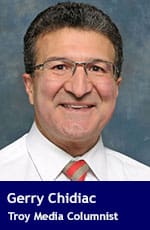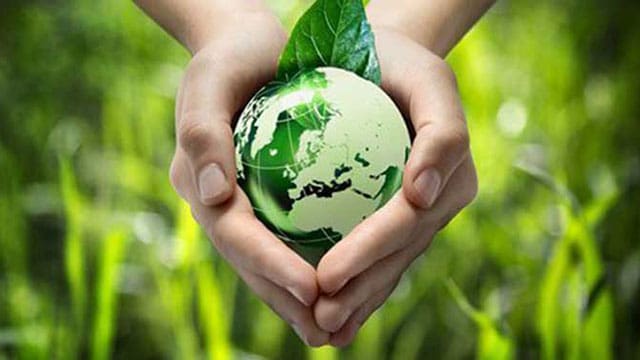The relentless pursuit of wealth is destroying our planet

For interview requests, click here
The world is in crisis, and we all play a role in ensuring humanity’s survival. The Gospel of Luke states: “To whom much is given, much will be required.” This message challenges the self-centred principles that often dominate global thinking. Yet, it offers the best hope for our future and, ironically, the greatest source of individual happiness.
The world is literally burning. Innocent children are being killed. People are dying from diseases that we can cure or prevent. Our existing institutions – environmental and humanitarian laws, judicial systems, and elected governments – have been ineffective in addressing these crises. The relentless pursuit of wealth and power seems to overshadow every other principle. As a result, both humanity and our environment are being systematically destroyed.
Amid these challenges, we seem to have forgotten that change is the only constant in life. The only way to navigate this change successfully is through truth, wisdom, and love for ourselves and our neighbours. We cannot go back to the way things used to be. The path forward lies in adapting to a new reality – one that values collective well-being over individual greed.
 Are our institutions failing humanity? |
| Recommended |
| In the face of atrocity, silence is a crime
|
| Canada’s legal history refutes systemic racism claims
|
| Exploring the origin of women’s lack of rights in Islam
|
History offers valuable lessons. The rise and fall of empires reveal how societies contribute to their own decline. Western institutions, in particular, have often failed to understand that force can only deliver temporary victories. Consider the British Empire. It once dominated the world through advanced weaponry and military systems. Now, it is a shadow of its former self, with its monarchy increasingly scrutinized for the cruelty that accompanied the accumulation of its wealth.
There was a moment of hope for humanity in the late 1940s. As the world grappled with the devastation of Nazism, we recognized the horrors of racism – particularly antisemitism – and vowed, “Never again.” This led to the establishment of the United Nations Genocide Convention and institutions to protect human rights. However, we lacked the courage to empower these institutions sufficiently. The result? More death and destruction, made worse by increasingly powerful weapons.
Today, we face a climate catastrophe that threatens life as we know it. As parts of the world become uninhabitable, competition for land and resources intensifies, driven by the same principles of wealth accumulation and disregard for human rights. This raises troubling questions about political rhetoric, such as Donald Trump’s suggestion that Canada could become the 51st state. The implications of such ideas underscore the growing instability we face.
As we face this growing instability, it’s important to remember the disparity in how different nations and communities experience these crises. The climate crisis does not discriminate. In California, wildfires consumed the homes of both the rich and poor, along with luxury vehicles. Similarly, racism and genocide do not regard wealth or status. While many genocides have historically been perpetrated by people of European descent against people of colour, it would be naïve to assume that anyone – including the wealthy and powerful – is immune from becoming a target.
For those of us living in countries like Canada, it is vital to recognize the immense privilege we enjoy. Our schools, infrastructure, and standard of living rank among the best in the world. As the world reaches a tipping point, we must ask ourselves: What is required of us?
The answer lies in living by the principles of truth and responsibility. How can we promote respect for our neighbours? How can we safeguard our environment? Of course, none of us knows if our efforts will be enough to reverse the tide of destruction. We also cannot predict the full impact of our actions.
One thing, however, is certain: there is no greater joy in life than knowing we used our gifts wisely and courageously, even if we are just a small voice crying out in the wilderness. As the Gospel reminds us, much will be required of those to whom much has been given.
Gerry Chidiac specializes in languages and genocide studies and works with at-risk students. He received an award from the Vancouver Holocaust Education Centre for excellence in teaching about the Holocaust.
Explore more on Antisemitism, Racism, Climate change, Income inequality, Human rights
Troy Media is committed to empowering Canadian community news outlets by providing independent, insightful analysis and commentary. Our mission is to support local media in building an informed and engaged public by delivering reliable content that strengthens community connections, enriches national conversations, and helps Canadians learn from and understand each other better.

